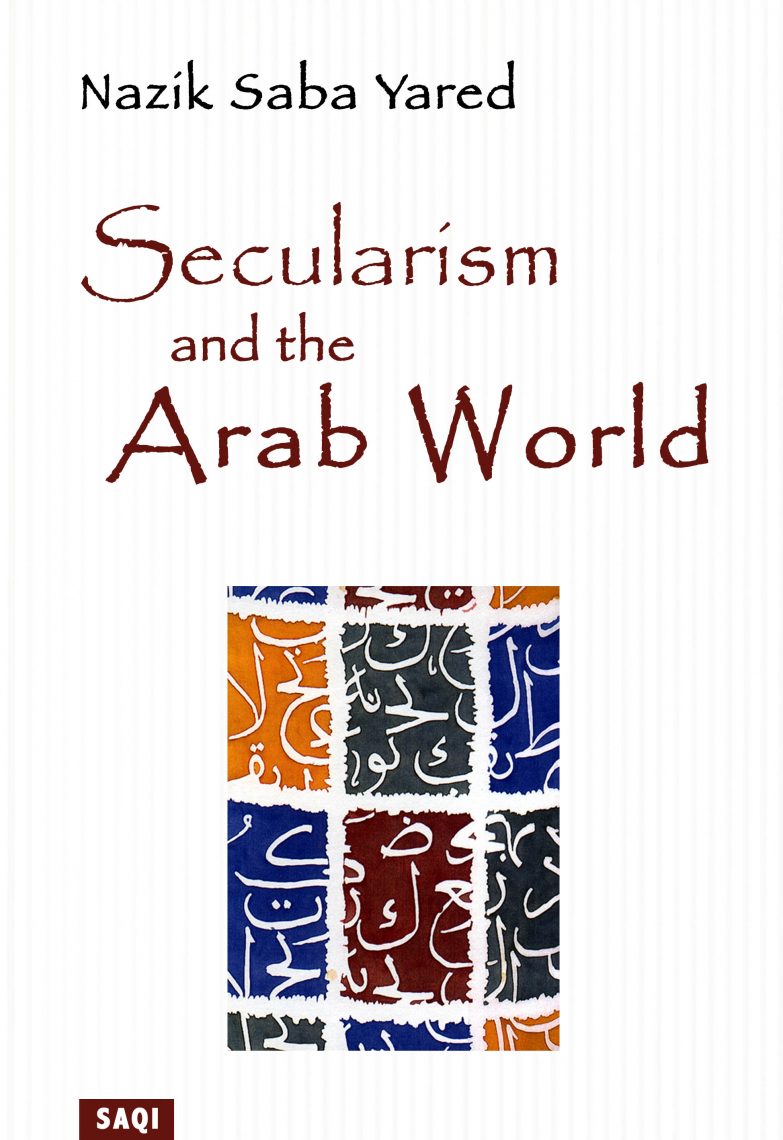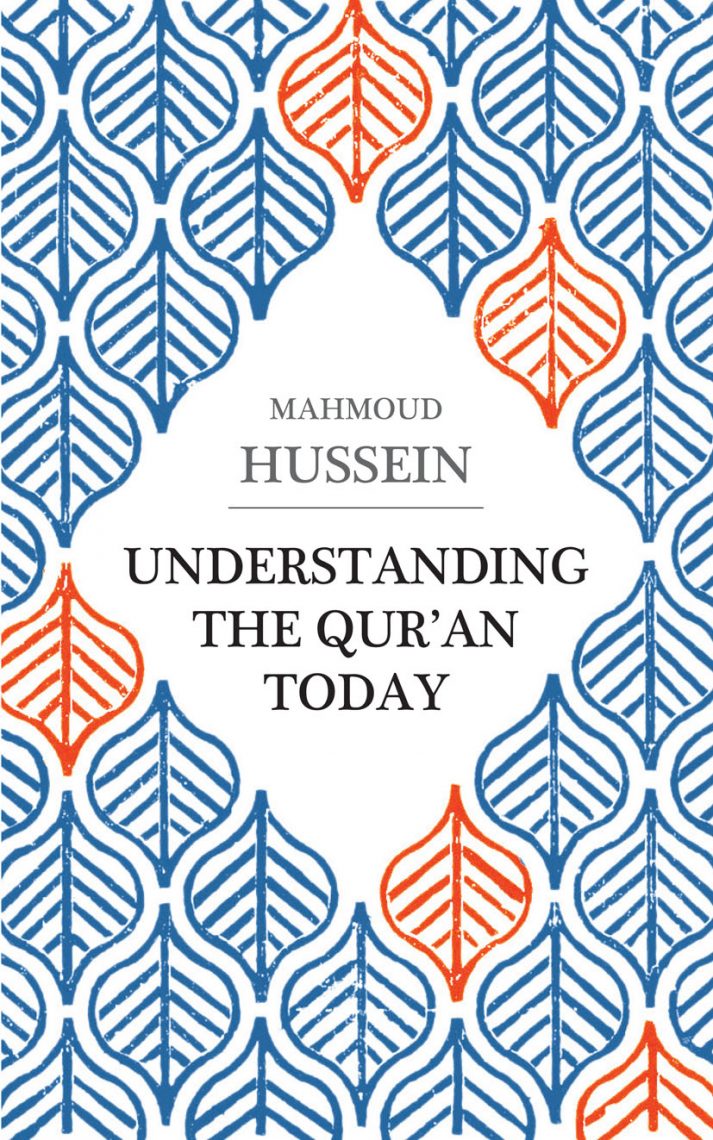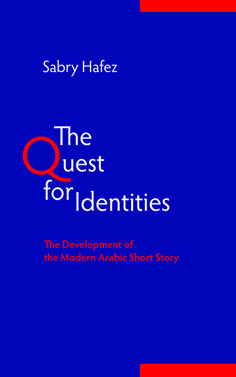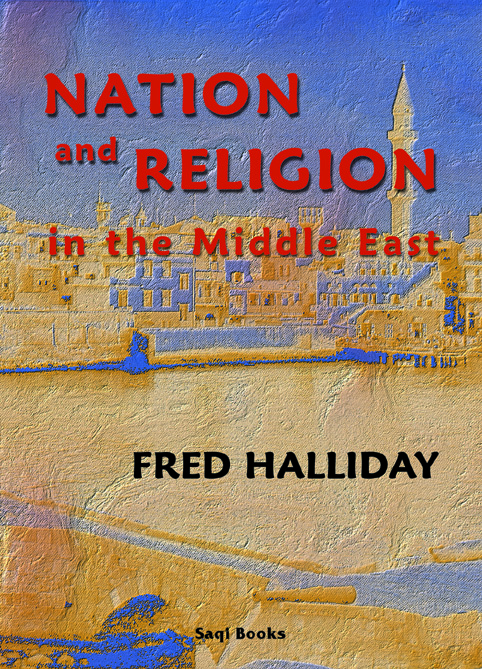
£35.00
About the Book
Secular Arabic thought is not a novelty, despite the religious and traditional nature of what is being written in the Arab world today. Saba Yared demonstrates that the beginnings of secularism can be traced back to the writings of various thinkers, mainly from Egypt, Lebanon and Syria, in a study that spans the mid-19th century – when the first Arab intellectuals came into contact with Western thought and civilization – to the mid-20th century when secularism became part of the political, social and educational systems in many Arab countries. Among others whose works and thought are studied in this volume are Salama Musa, Shidyaq, Marrash, al-Bustani, Ishaq, Qasim Amin, Farah Antun, Shumayyil, Zaydan, ‘Abd al-Raziq, Lutfi al-Sayyid, Kawakibi, Kurd ‘Ali, Rihani, and Taha Husayn.
The text shows how writers (both Christian and Muslim) took a secular stand, not only in their writings on the nature of government, nationalism and the socio-economic system, but also when addressing the issues of morality and religion in relation to society, education, women’s rights, language and literature, science, and freedom of thought and expression.
About the Author
Nazik Saba Yared is a Lebanese scholar and writer. She is the author of seven novels (all in Arabic) and a number of works on classical Arabic literature. Her publications include Secularism and the Arab World, Arab Travellers and Western Civilization and Improvisations on a Missing String. She was a recipient of the Prince Claus award in 1998.
Reviews
'Secular Arab thought is not a novel tradition. Saba Yared demonstrates that.' The Middle East


